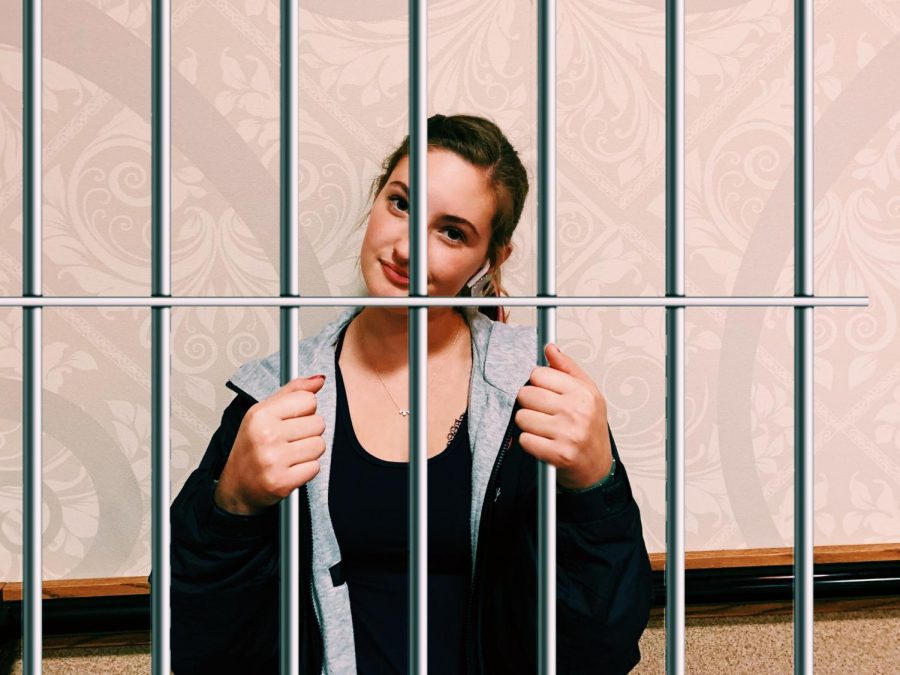Tardy Room? Lockout? Either Way It’s a Bad Idea
Letter to the Editor
To The Editor:
Lockout, also known as a tardy room, is a strategy the administration utilizes to incentivize students to arrive to class on time, has been enforced this semester. In the past, it has been inconsistently enforced but it is back for the first time this year. Lockout’s purpose is to act as a place to hold those who are late, as well as to give students a motive for arriving to class on time. Despite its purpose, lockout does not work. There are many downsides to the idea. I have been locked out twice this year. The first time, I was less than a minute late, and the second time I was around a minute late. Each time, I missed an entire class because I arrived 30-60 seconds after the bell rang. The first time I was locked out, even though the teacher had not started class yet, the policy prevented me from learning a crucial part of a unit. Because I merely went to my locker to retrieve the materials necessary for class, I missed the entirety of the lesson. Lockout is a disaster and should no longer be enforced for the benefit of both students and teachers.
Ideally, lockout punishes students for being late, however there are many issues with it. First, lockout provides a place for students to relax or hangout with friends if they cannot drive and intend to skip class. Students can no longer roam the hallways and can simply opt out of class to sit in the auditorium for 45 minutes. Second, when enforced strictly, lockout banishes students from attending an entire class even if they arrive seconds after the bell rings. This causes more of an inconvenience for both the teacher and the student, rather than a disruption for the students in class. In fact, a teacher instructing a student to go to lockout is much more of an interruption than a student arriving late. In addition, the policy is wildly unpopular among both teachers and students. Many teachers simply disregard the policy, as they believe it is illogical and unfair. It is outrageous that lockout has continued to surface as a solution for tardiness.
Lockout can also be problematic because it leaves almost no time to use the restroom, even when it is extremely necessary. To add to this issue, teachers simply ask “Do you have a pass?” rather than ask why the student is late. The cause of tardiness is not a factor in lockout, causing a huge disadvantage to females. Most of the time, five minutes is a fair amount of time to get to class; however, on certain occasions, it can be nearly impossible. Students should not be punished for needing to change feminine products or going to their lockers. The menstrual cycle is not a rare occasion. It happens once a month for about a week and creates a major obstacle for getting to class on time.
Lockout discourages students from attending class and is a terrible idea. The negatives clearly outweigh the positives. If lockout should continue, I would propose an extension on passing periods, leeway for unpreventable inconveniences, or that it only be enacted 5-10 minutes into class. Lockout is an unnecessary punishment that only causes more problems than it solves.
The Tower welcomes Letters to the Editor on any topic with any view. They can be submitted under the “Submit a Letter” tab.
Your donation will support the student journalists of The Tower and John Adams High School. Your contribution will allow us to purchase equipment and cover our annual website hosting costs.

Audrey Engel is in her senior year here at Adams. Although she is not in The Tower this year, she has written for the paper throughout all four years...








Dallas Bowman • Dec 7, 2022 at 2:11 pm
I’m doing an essay on why tardy lockouts are ineffective for English class right now and your article was the source for a lot of kids’ essays. Thank you so much lol.